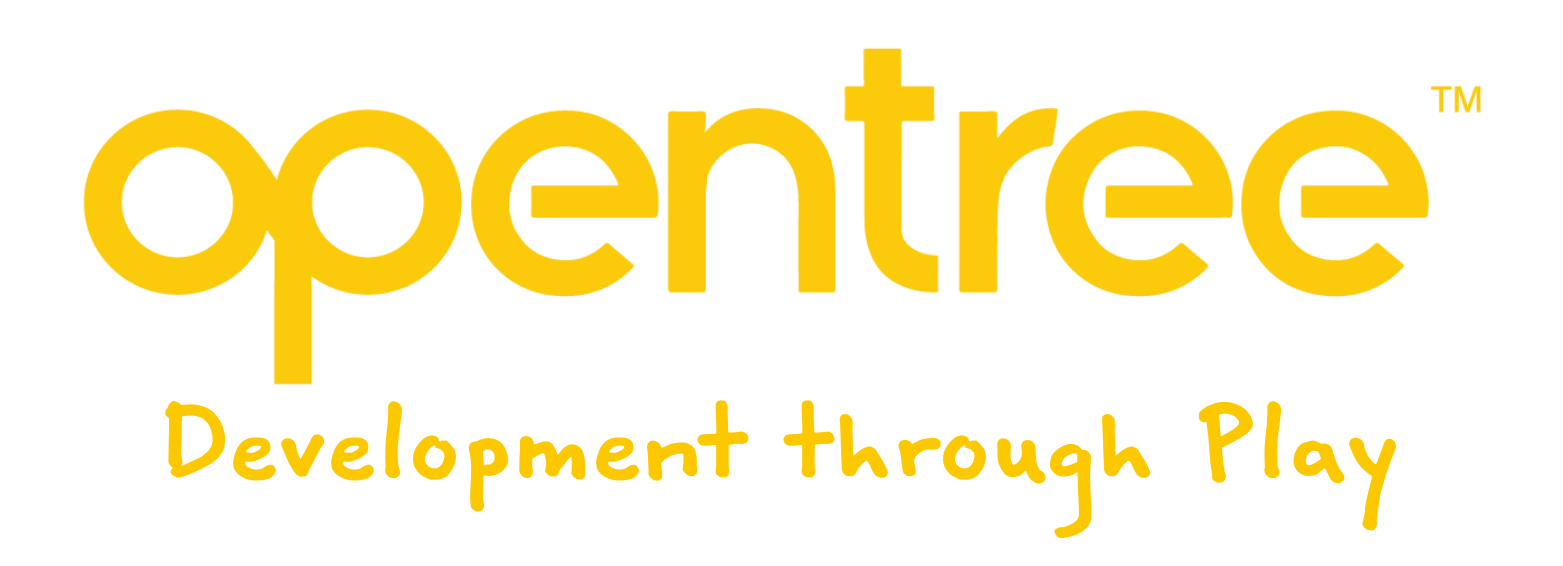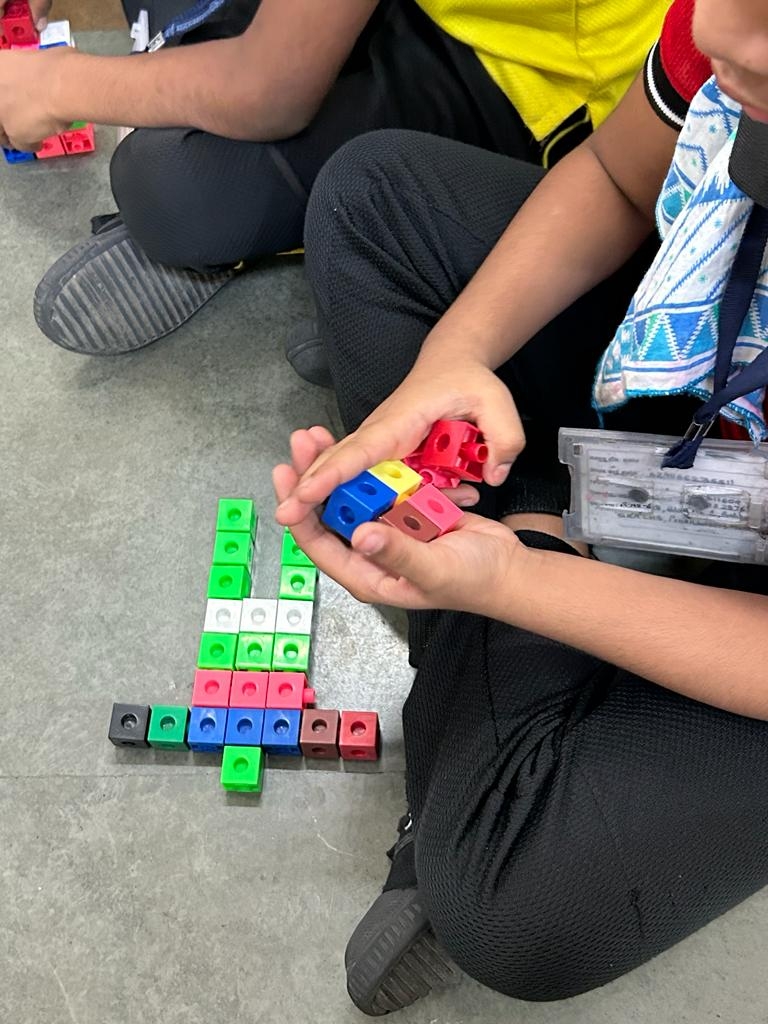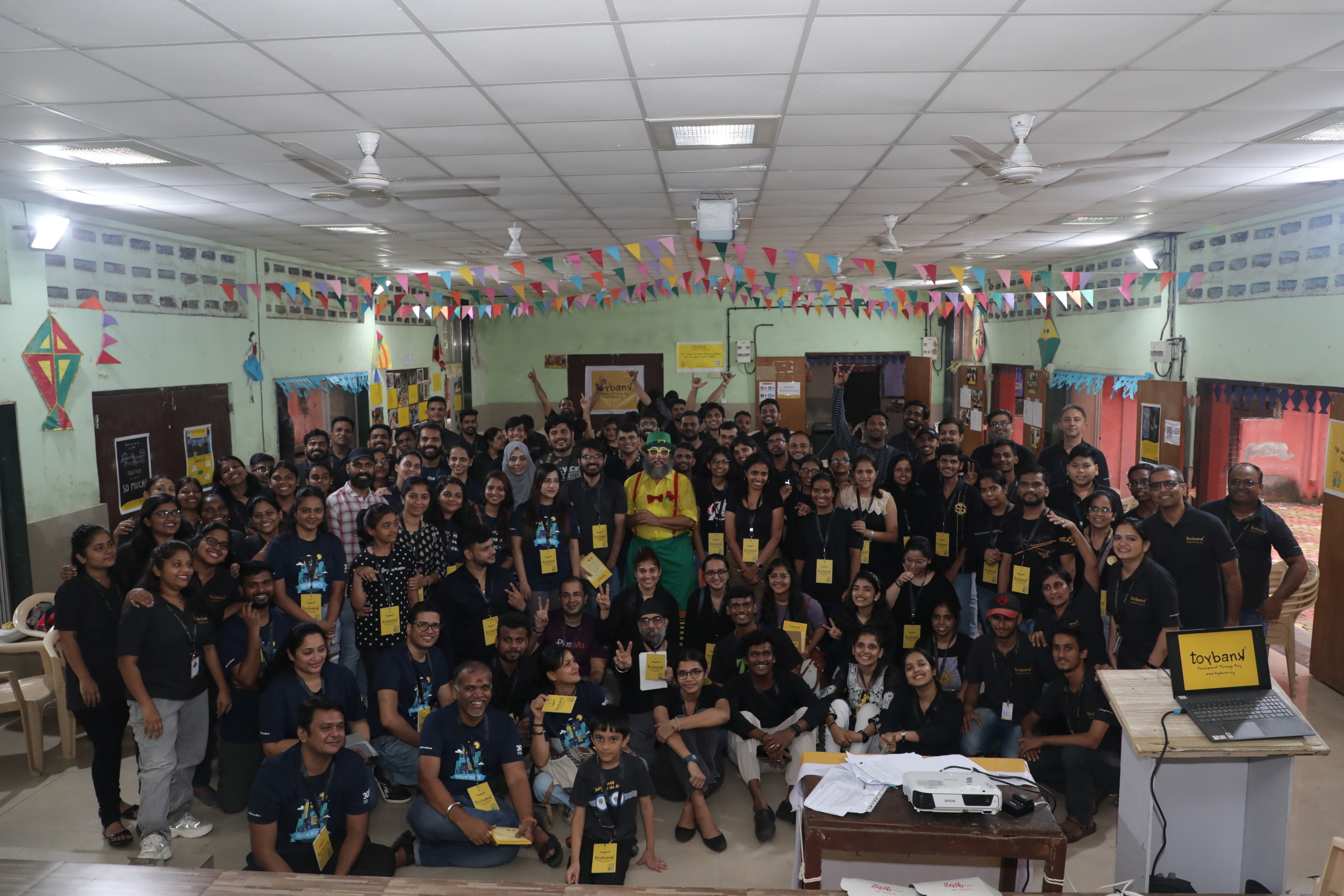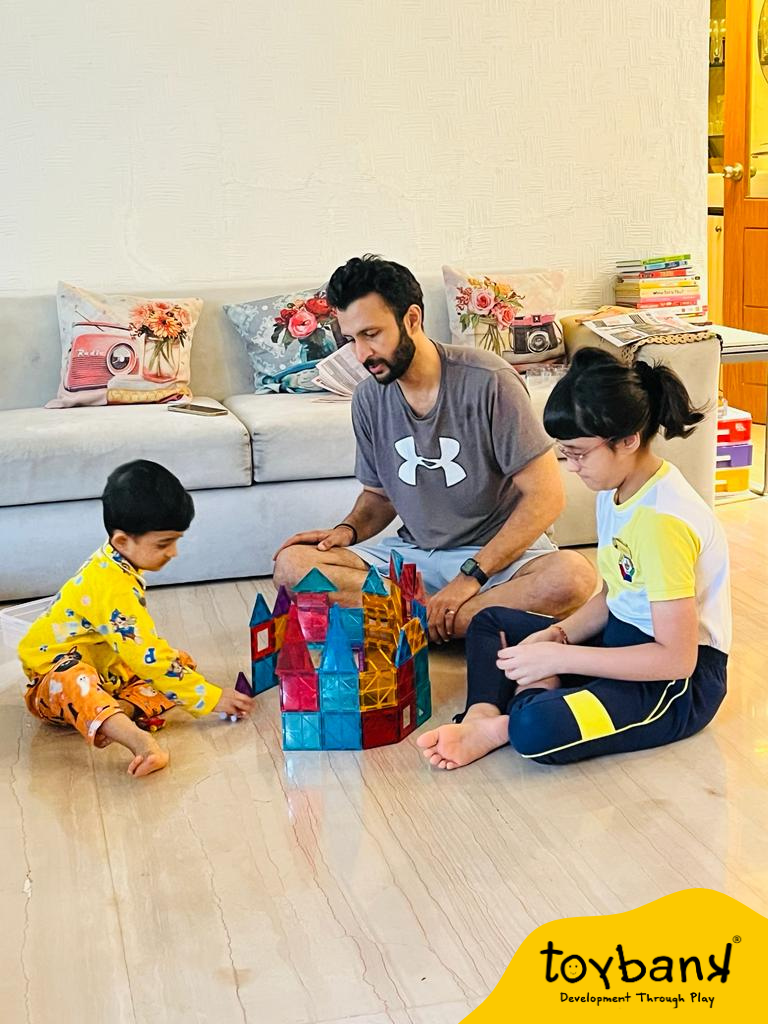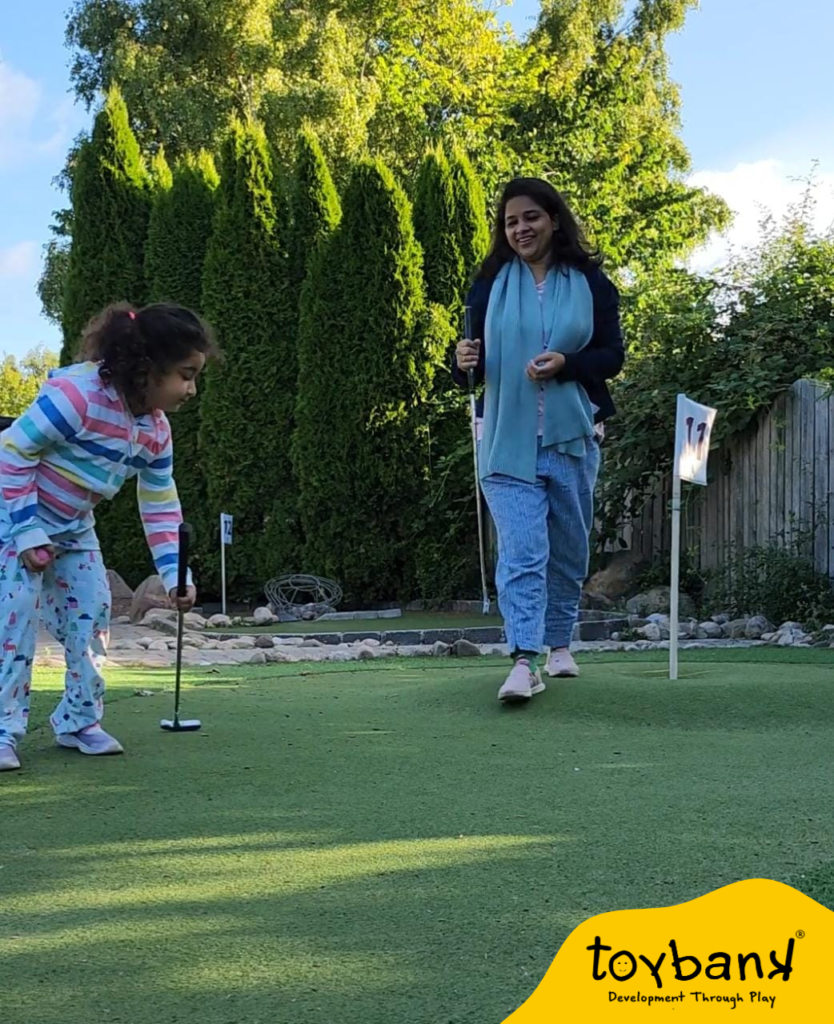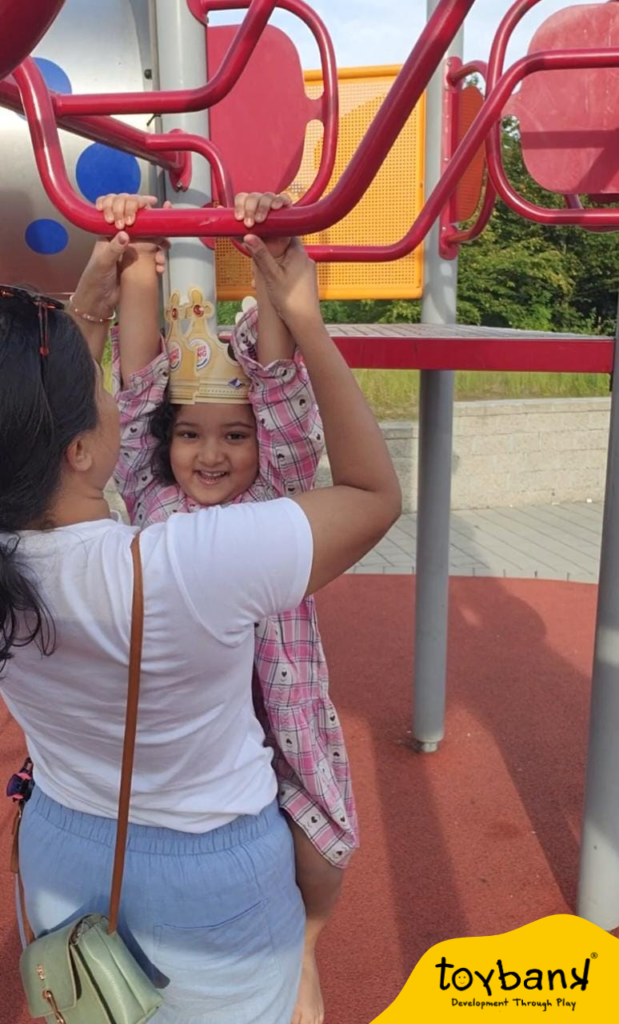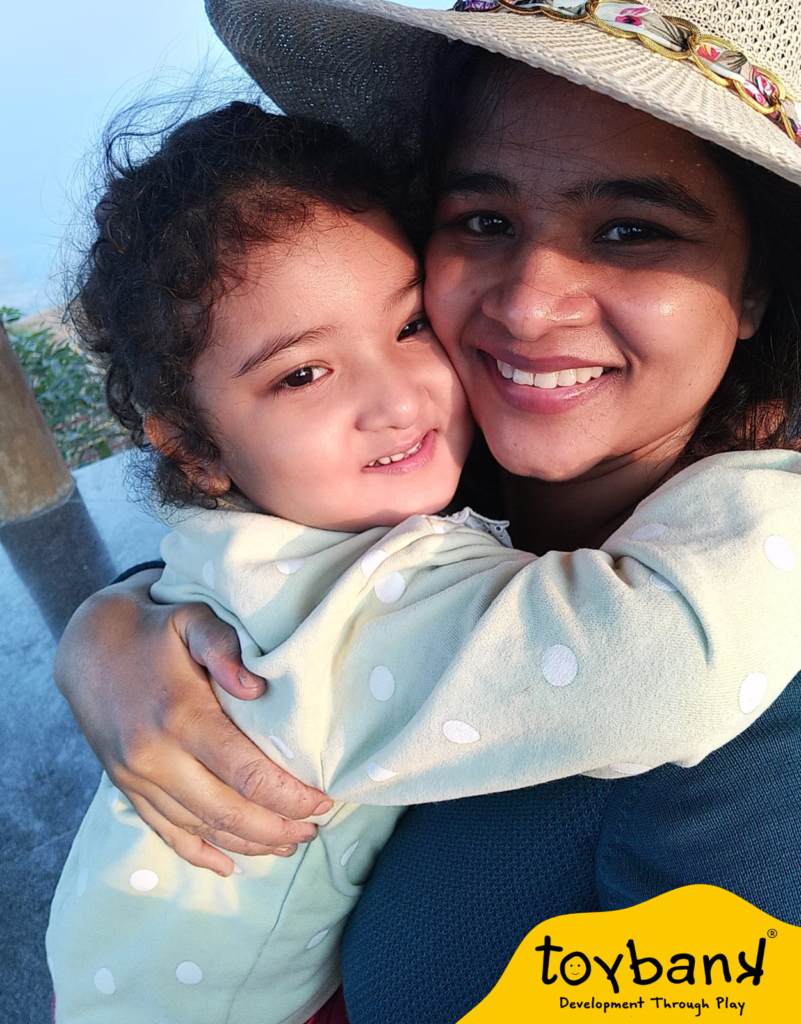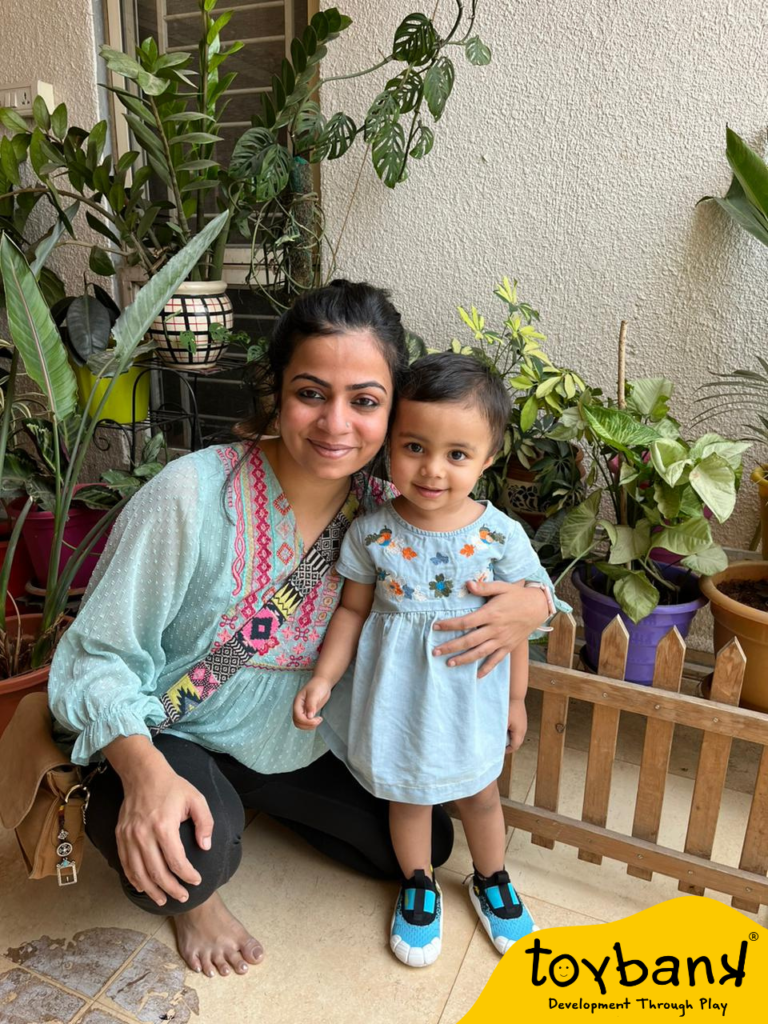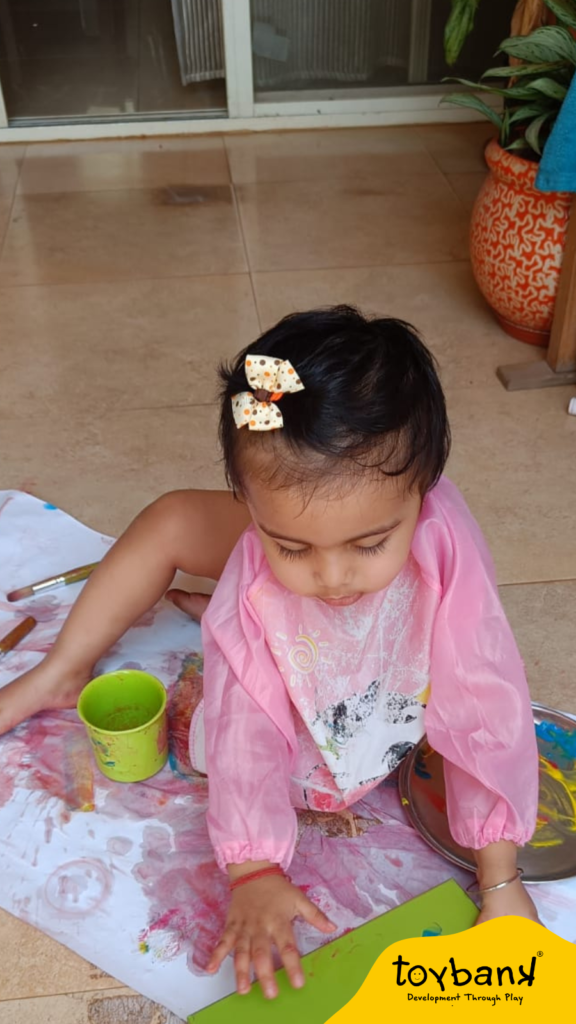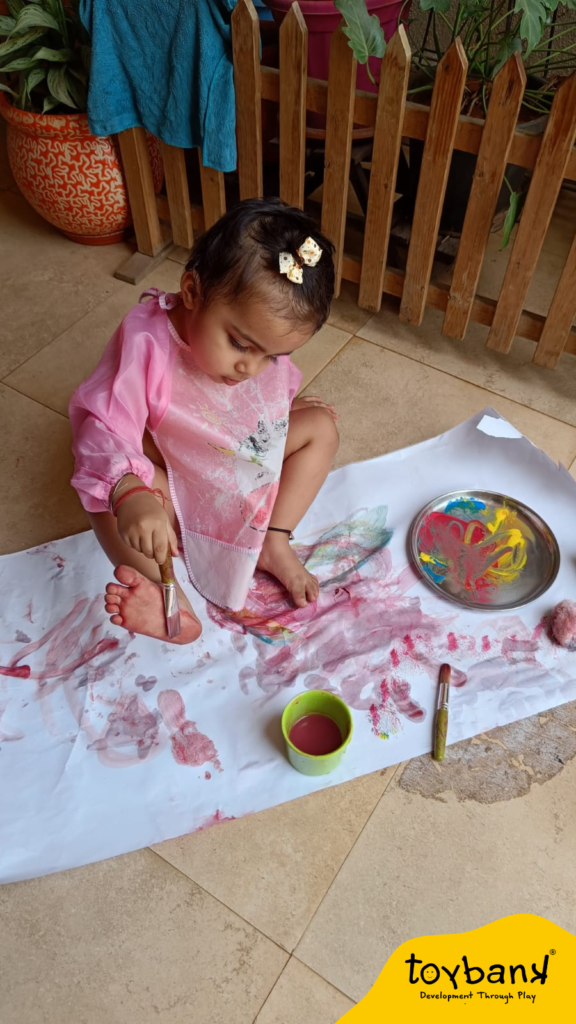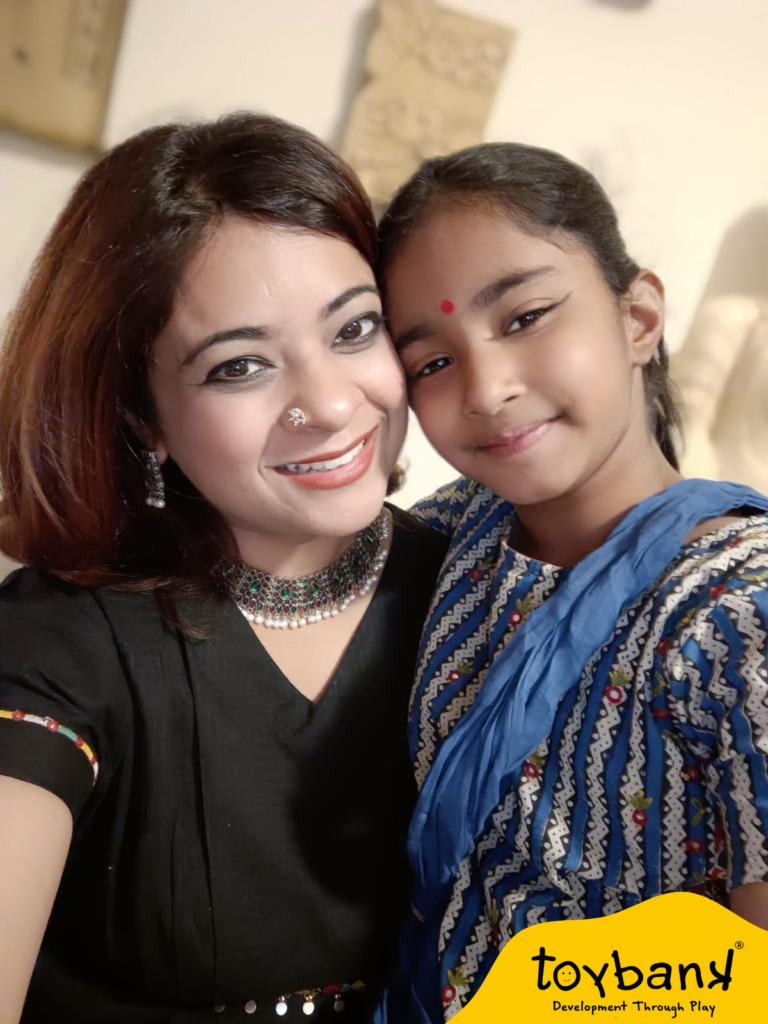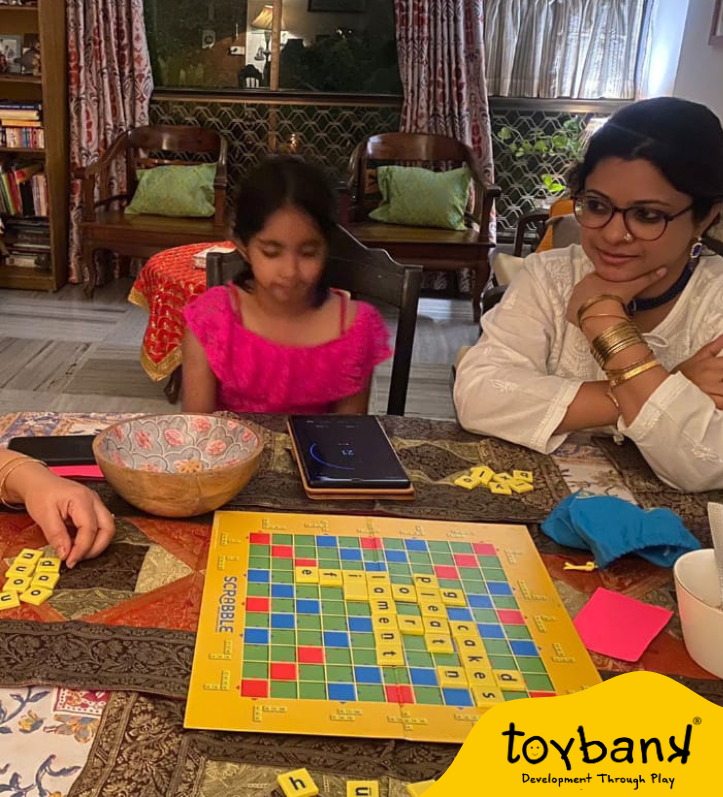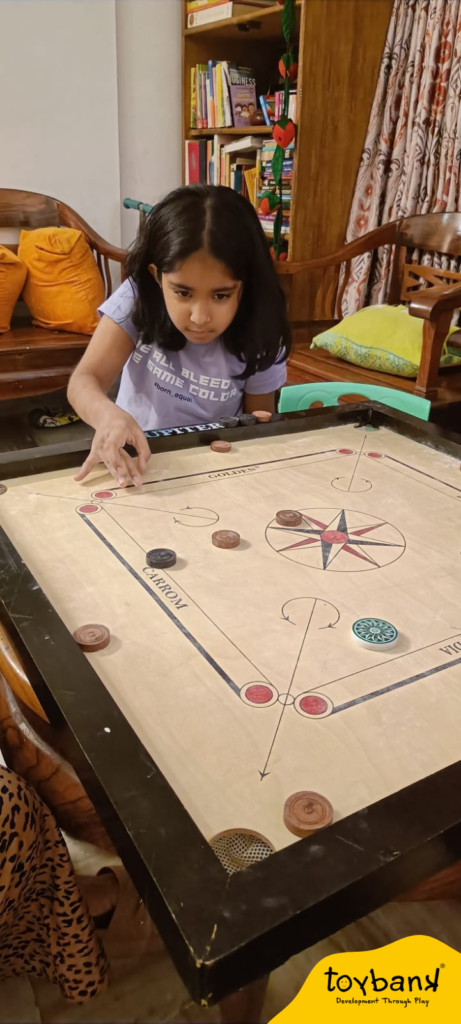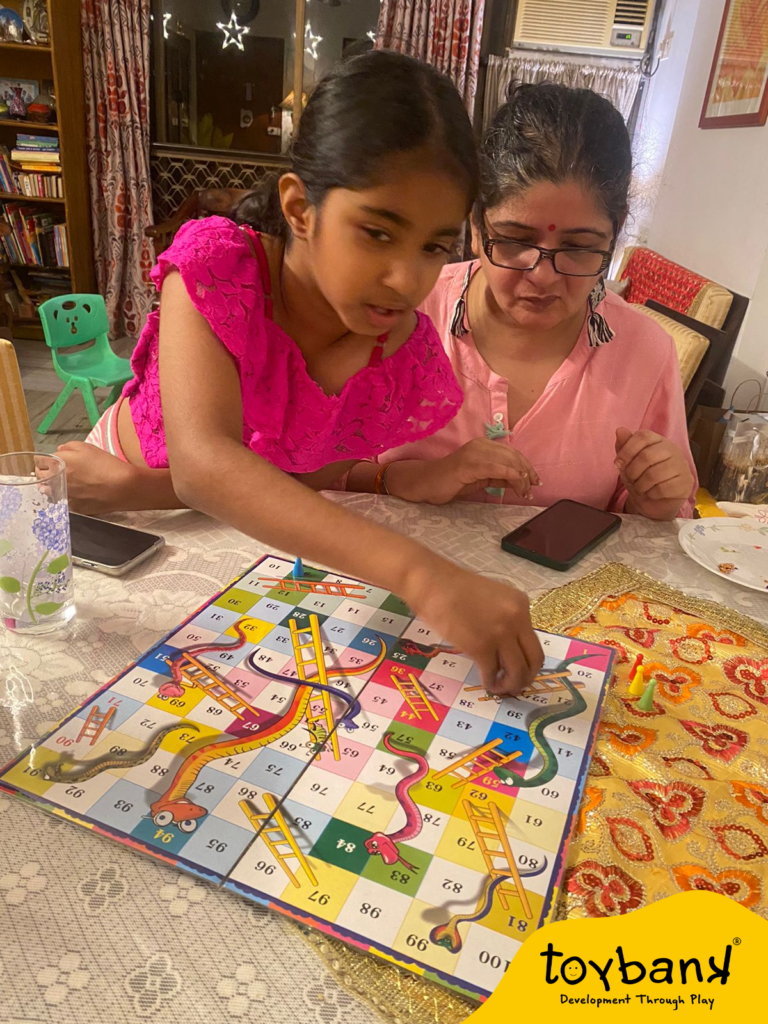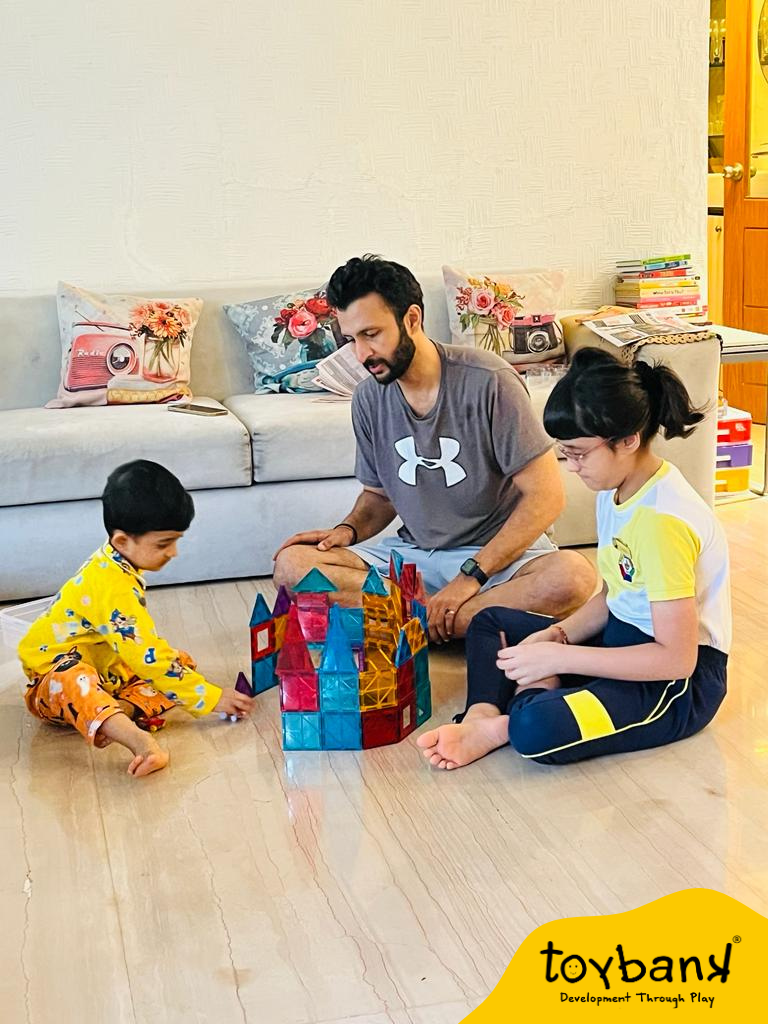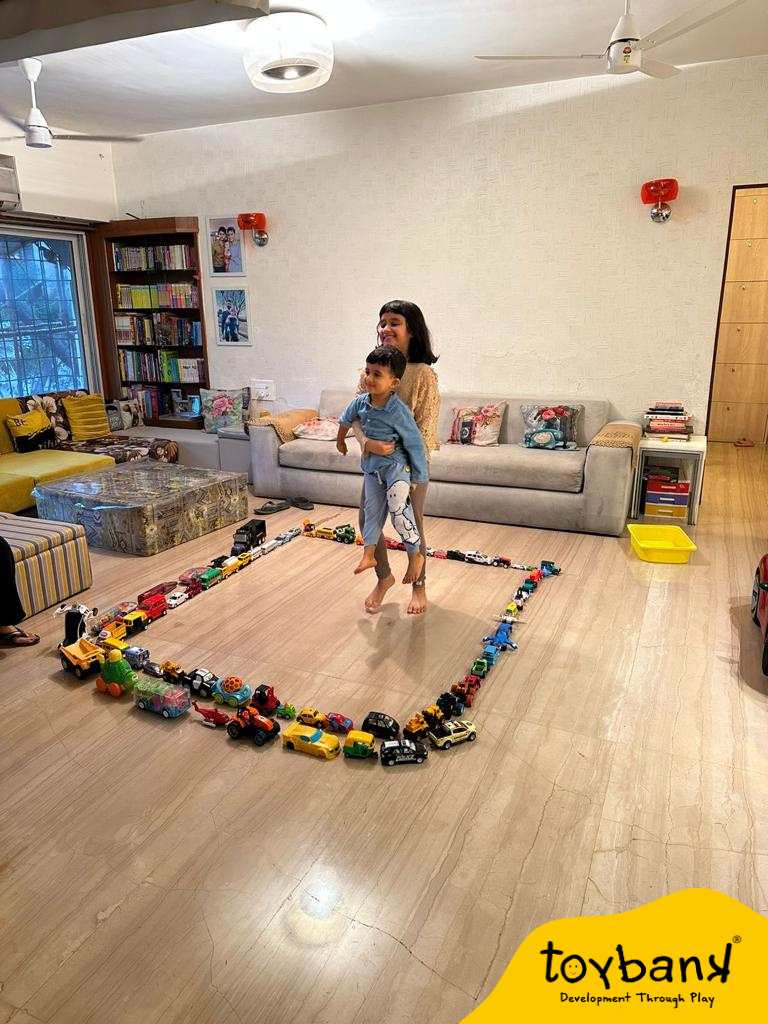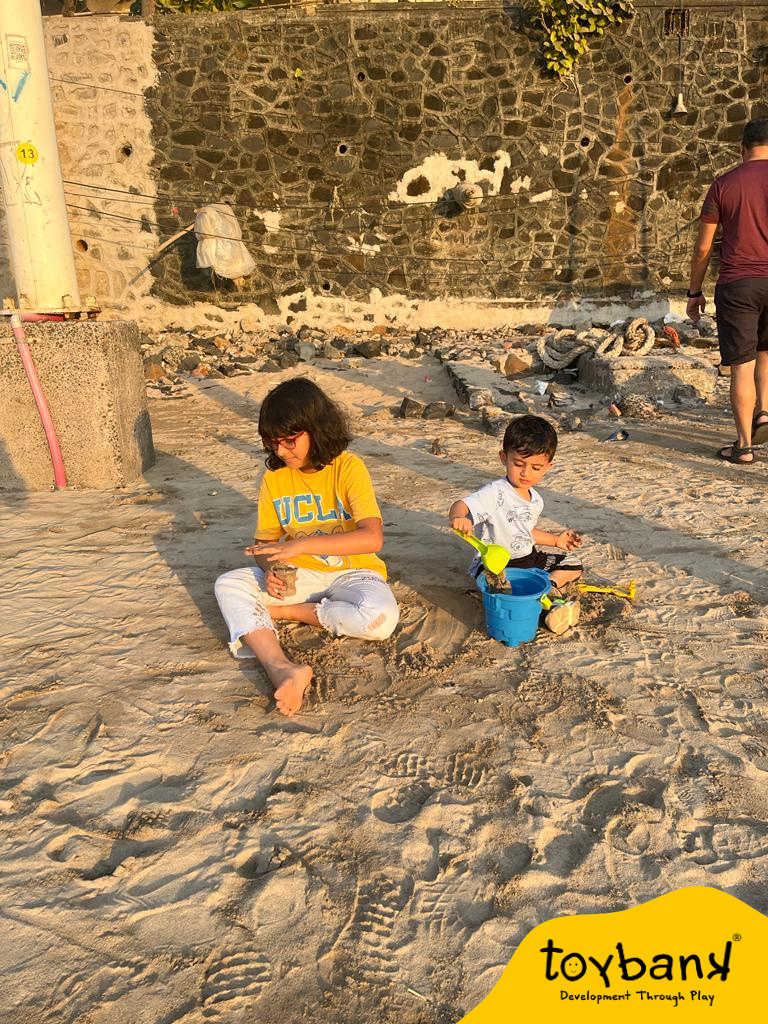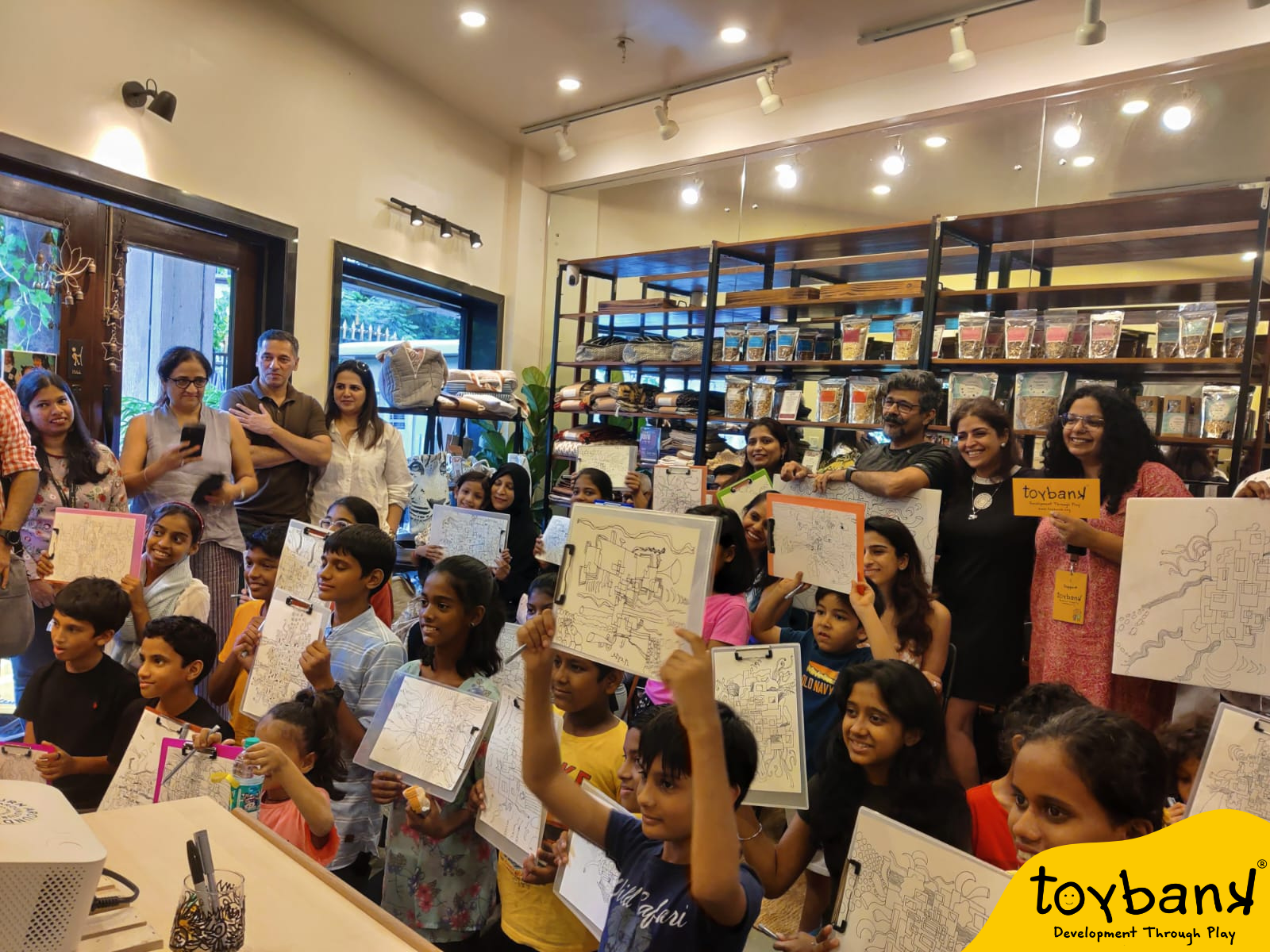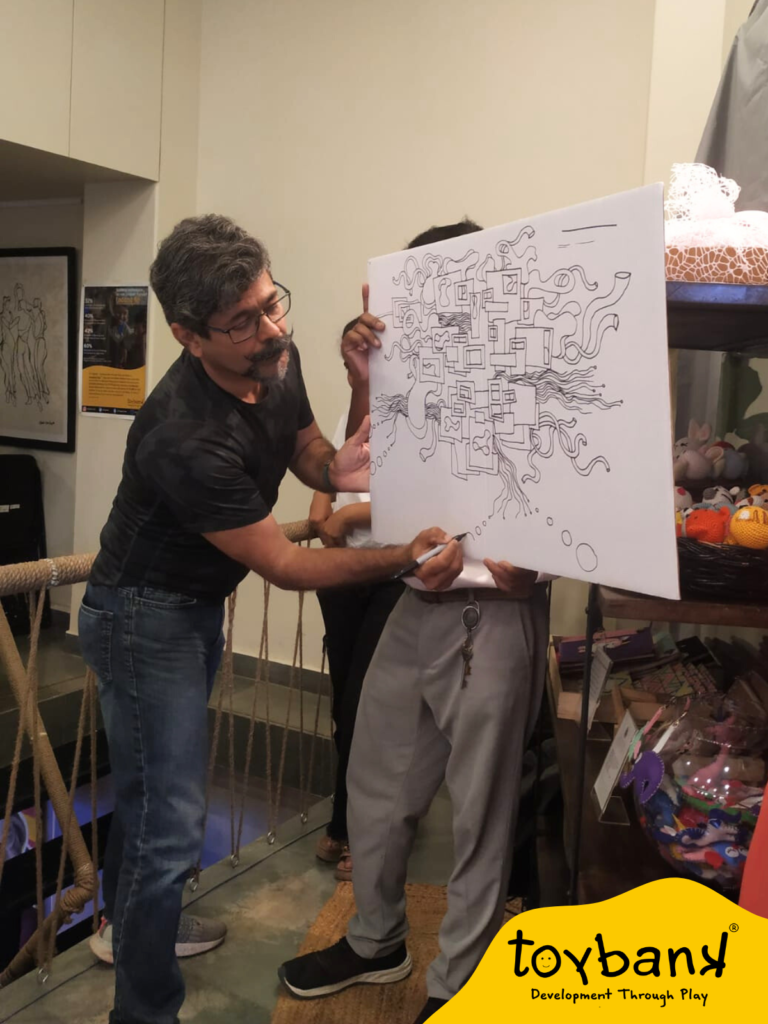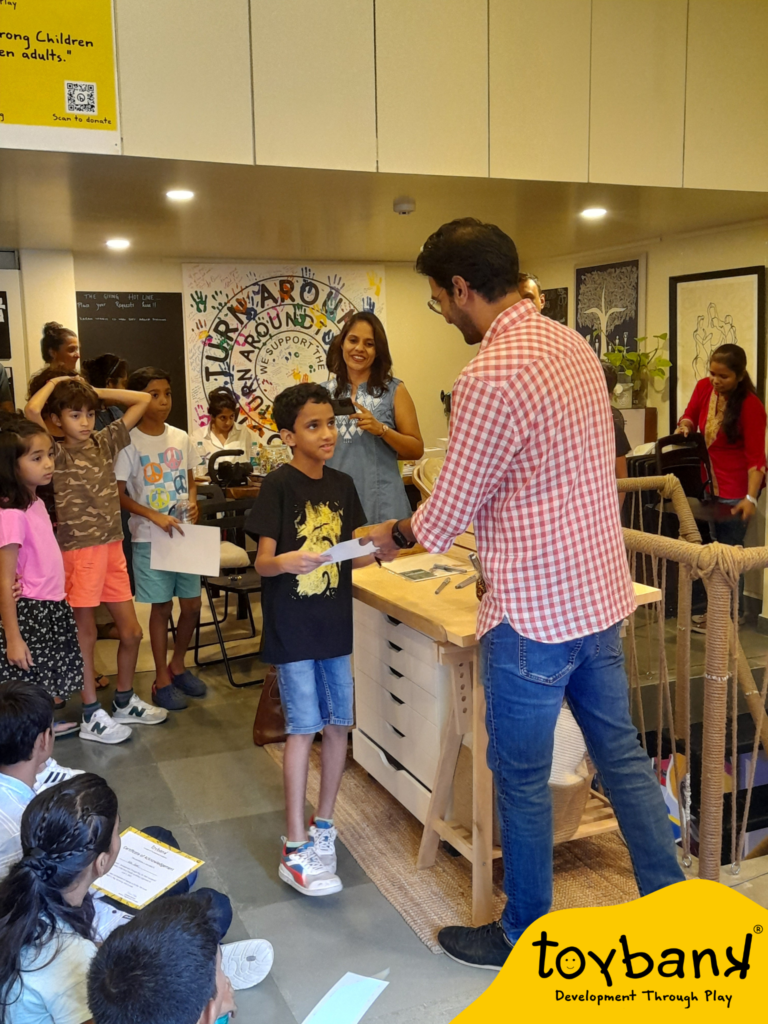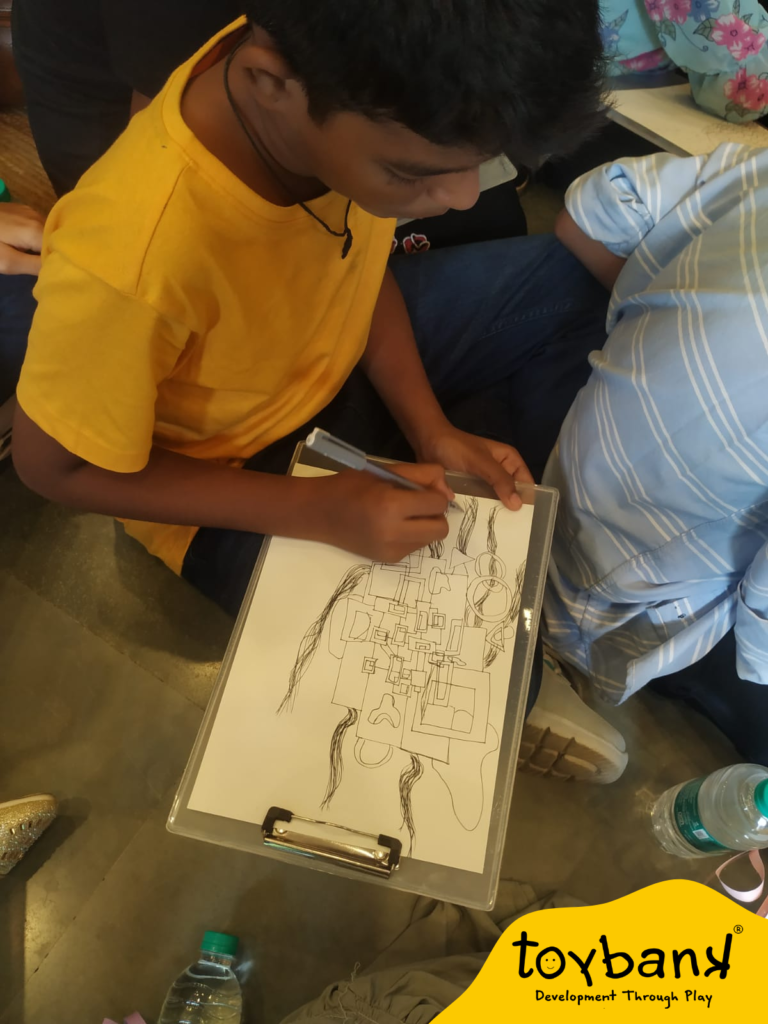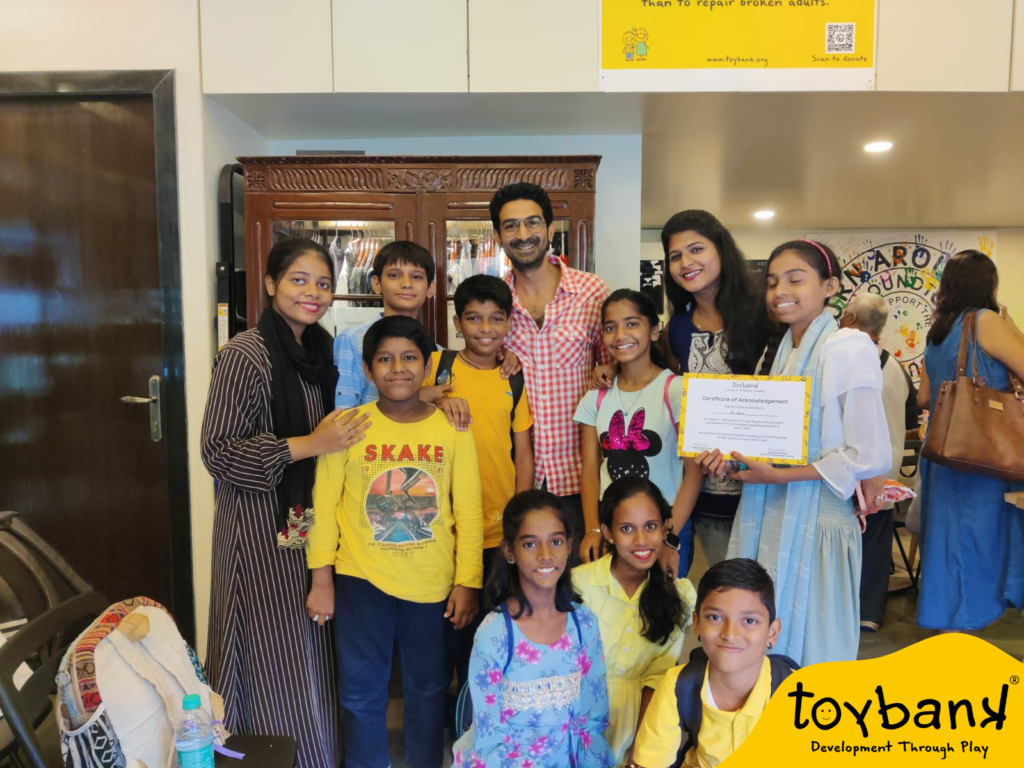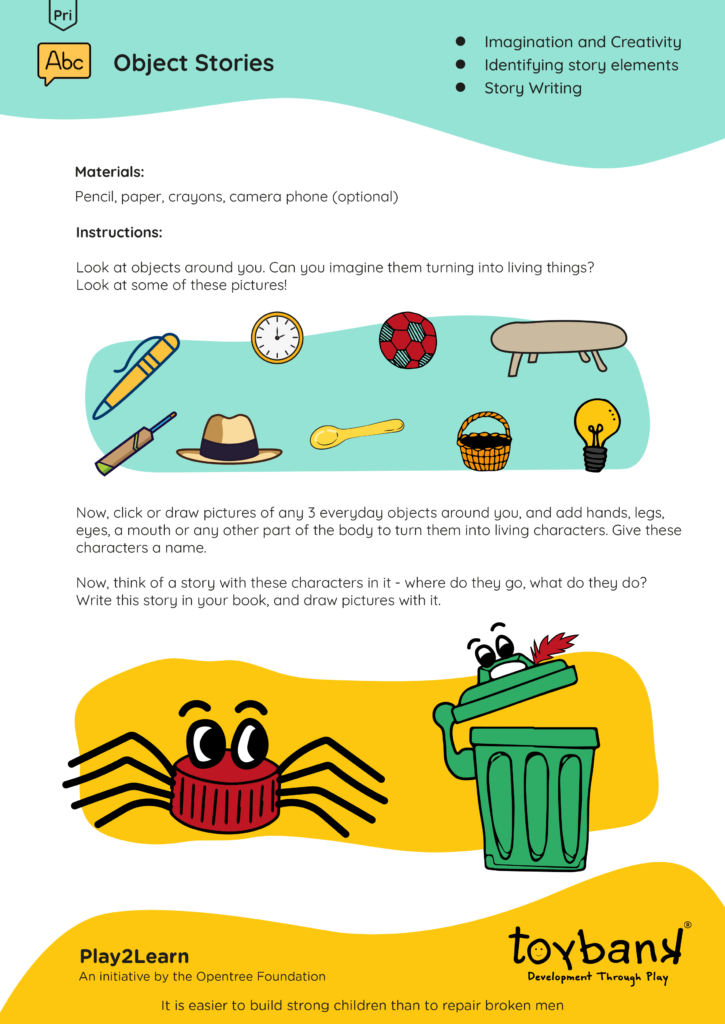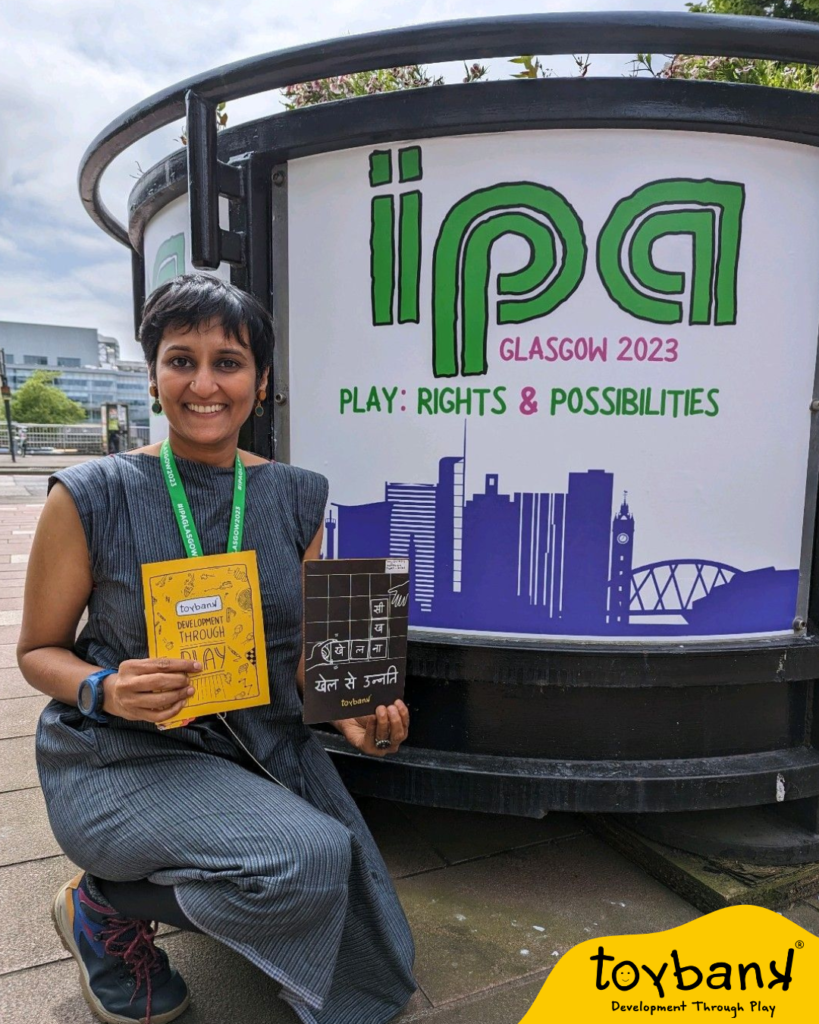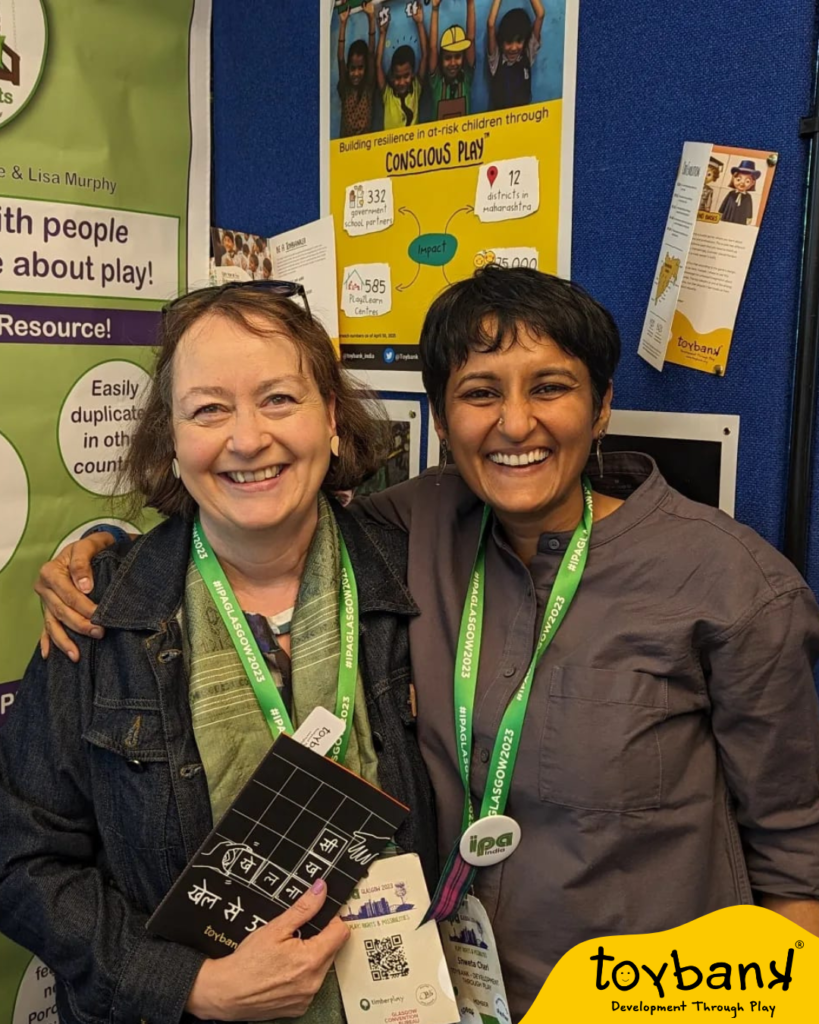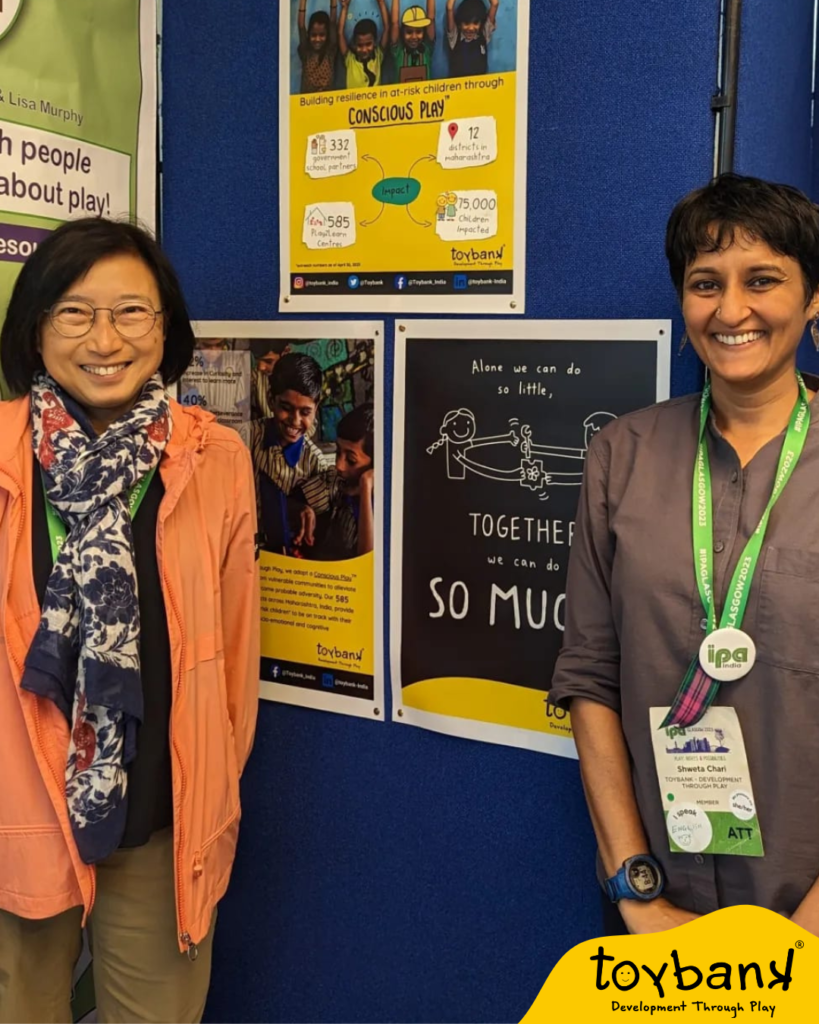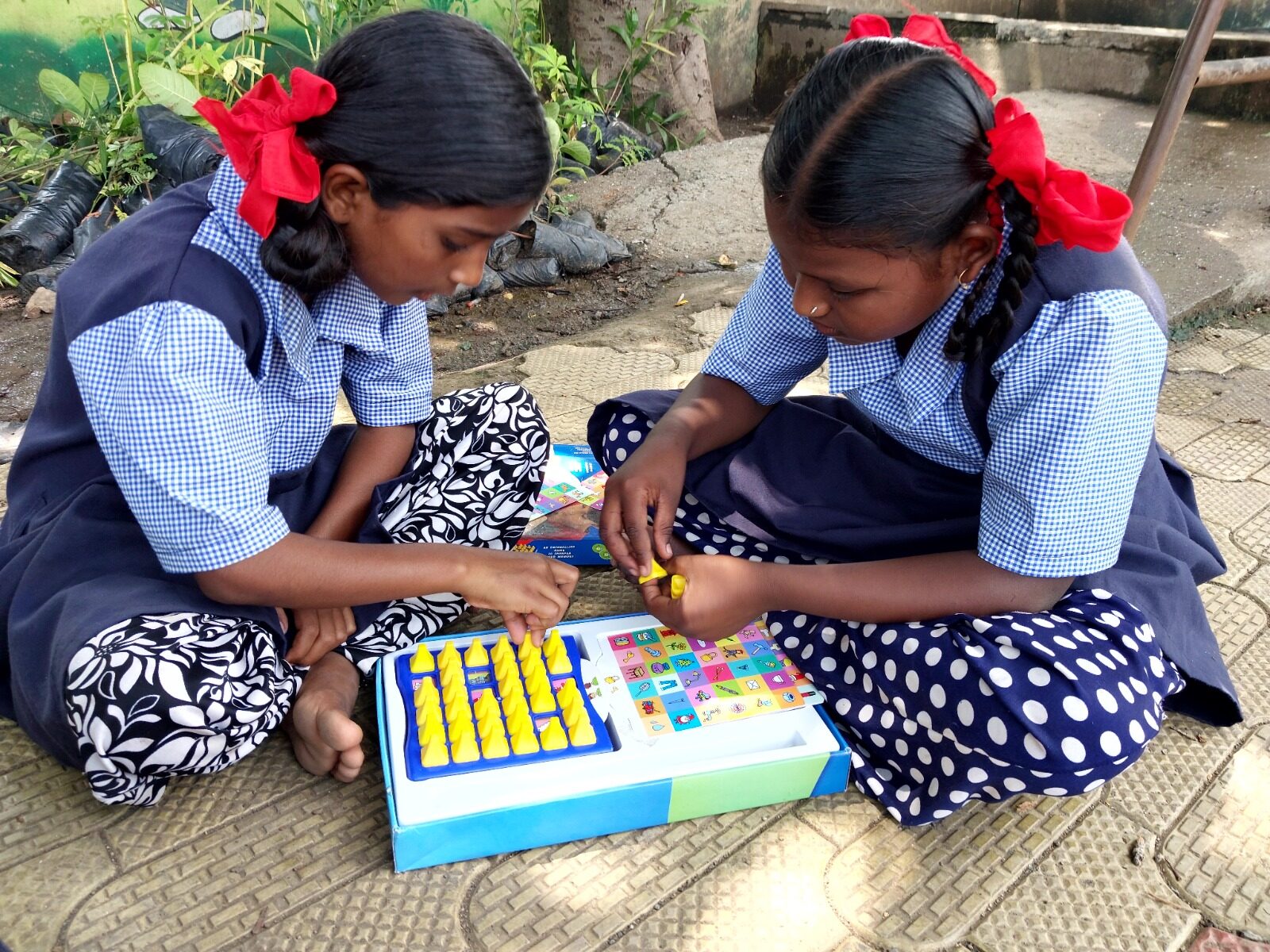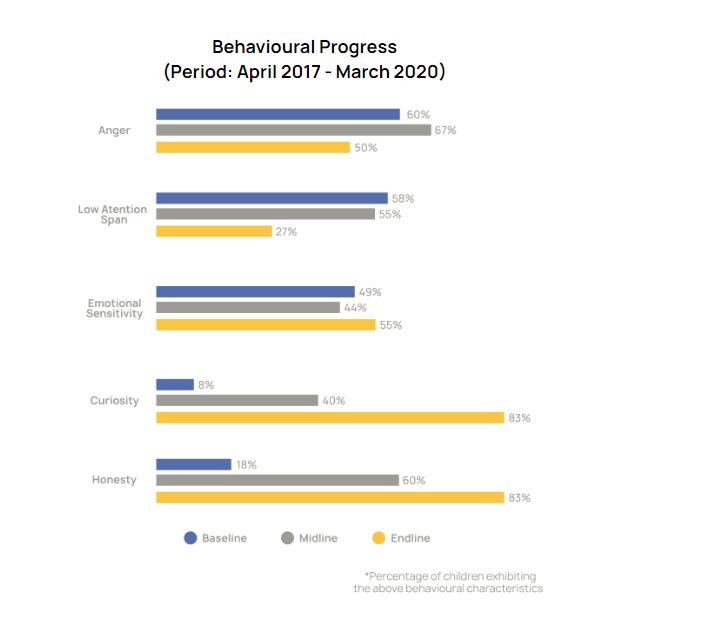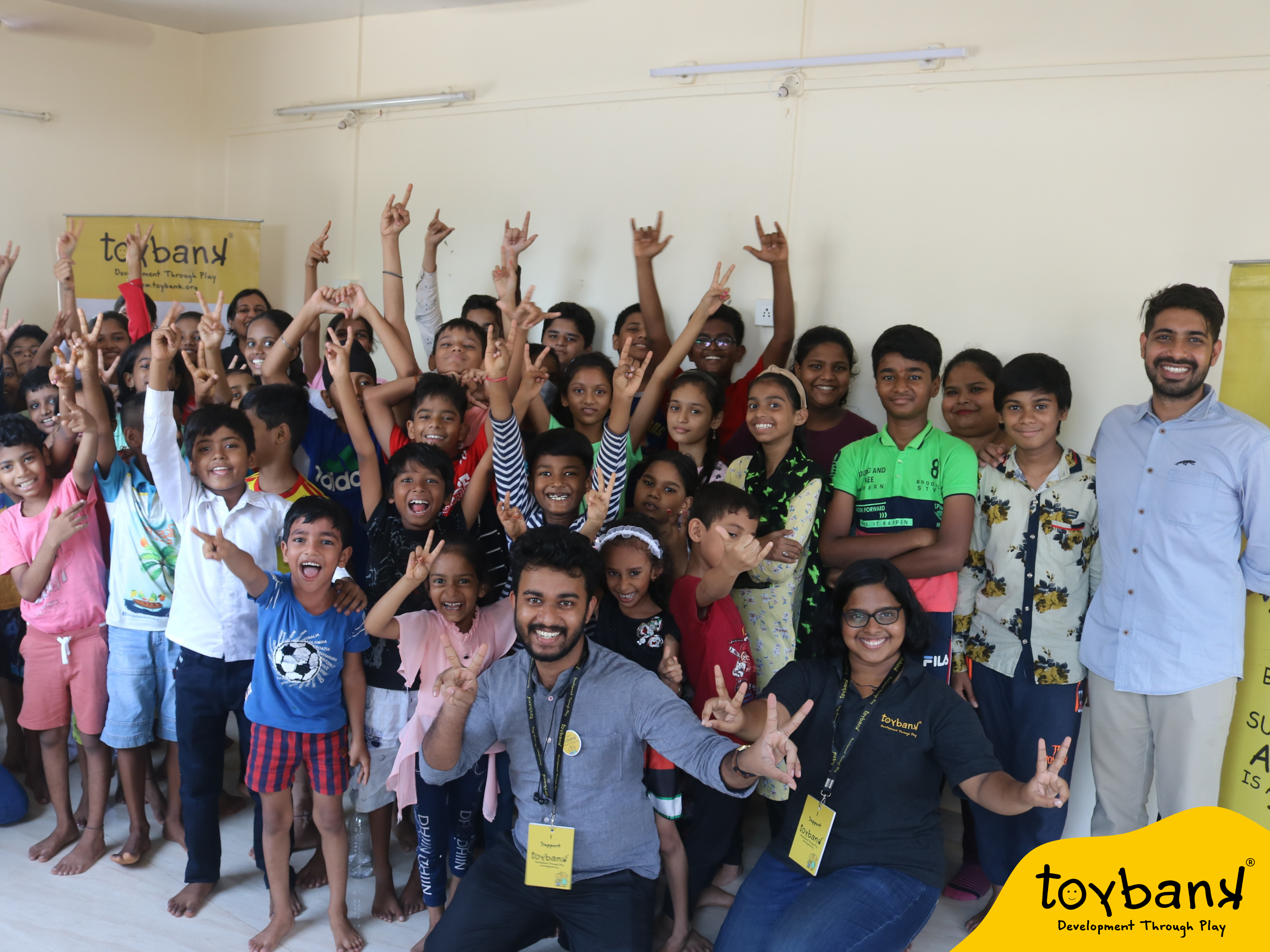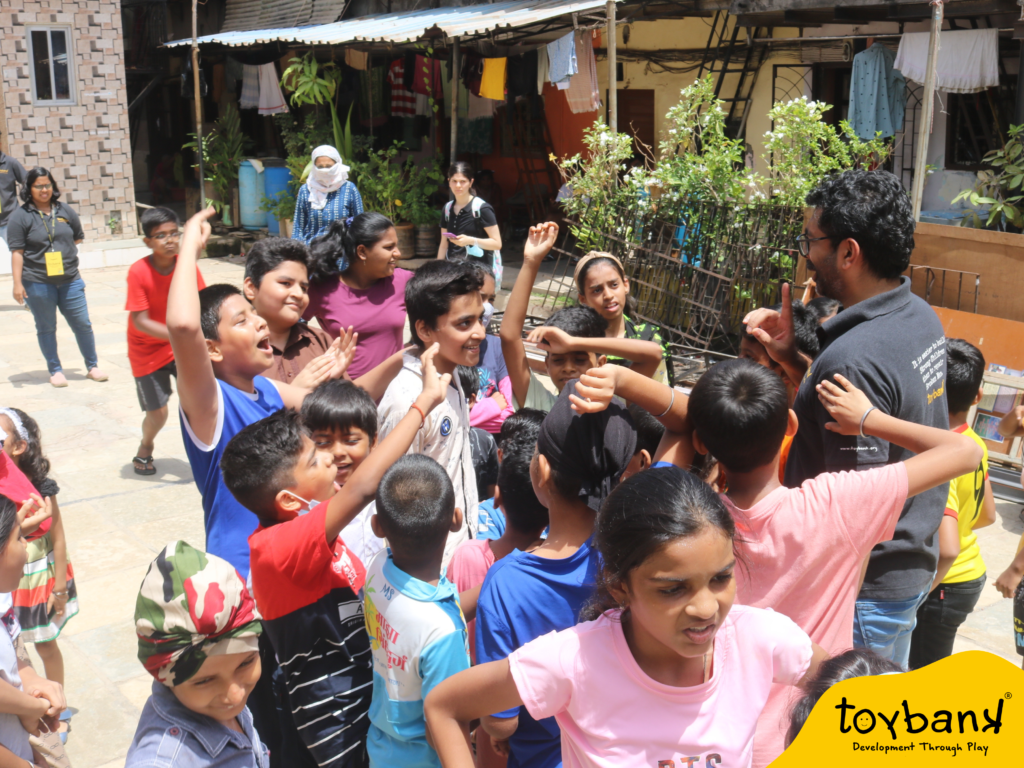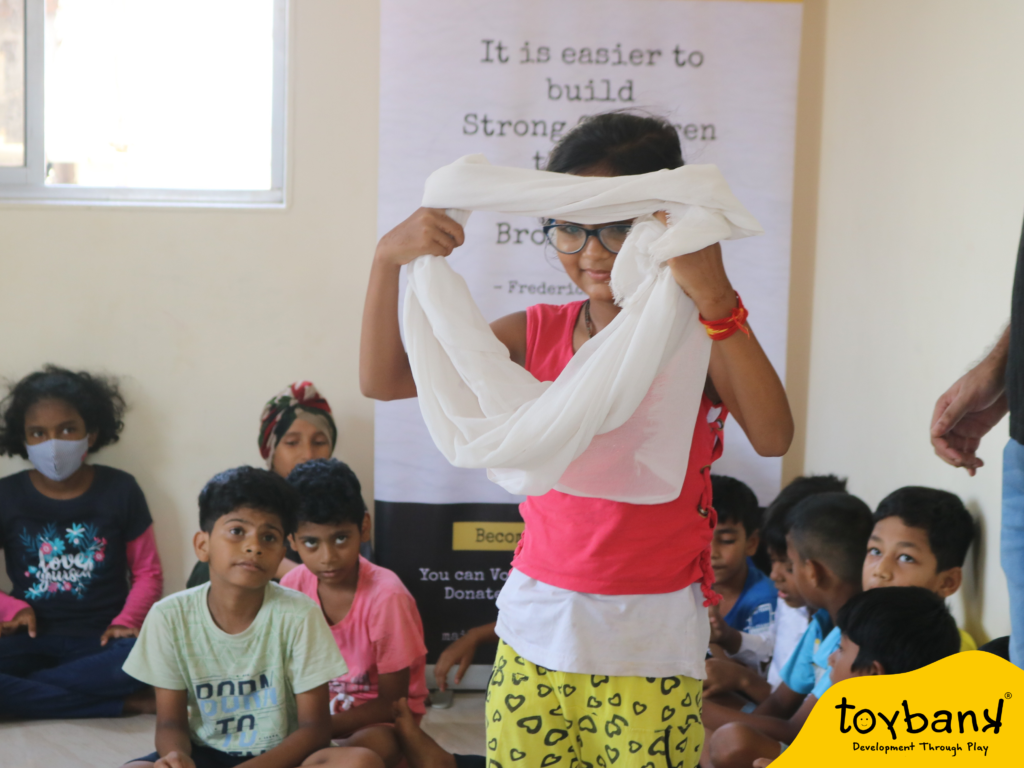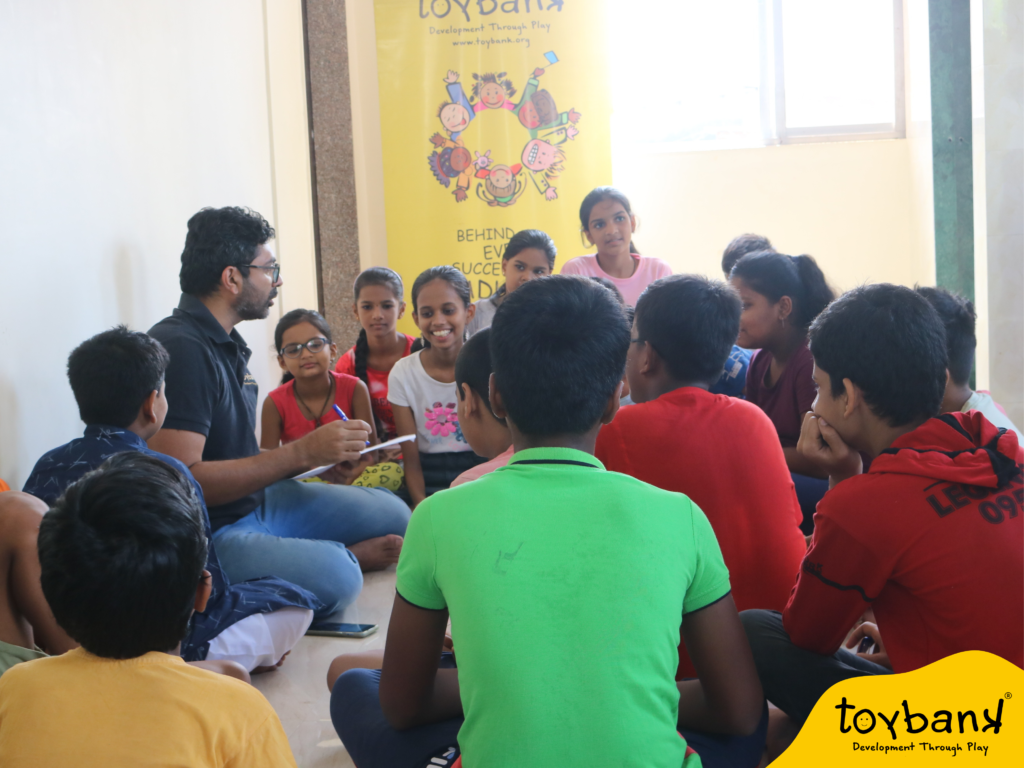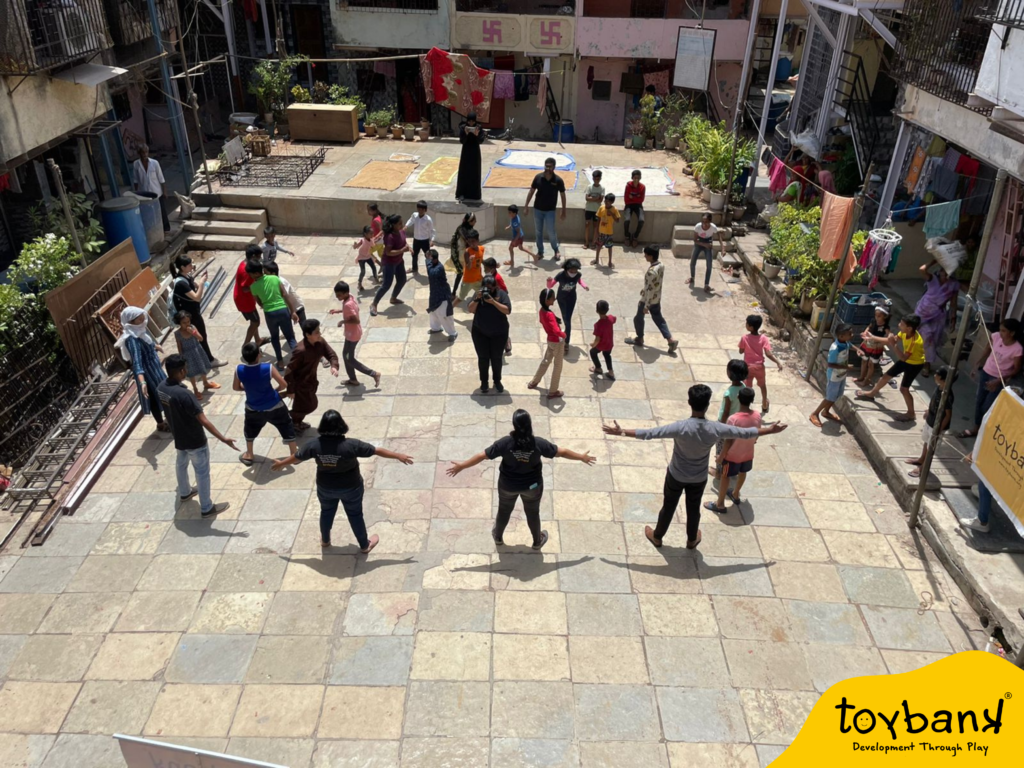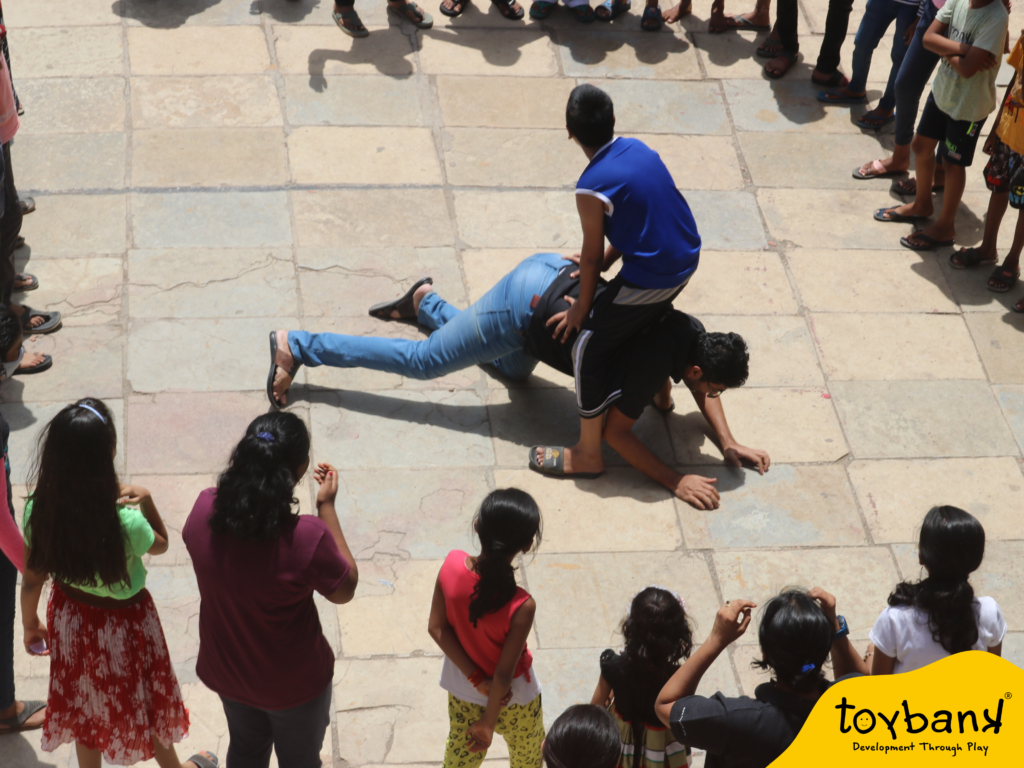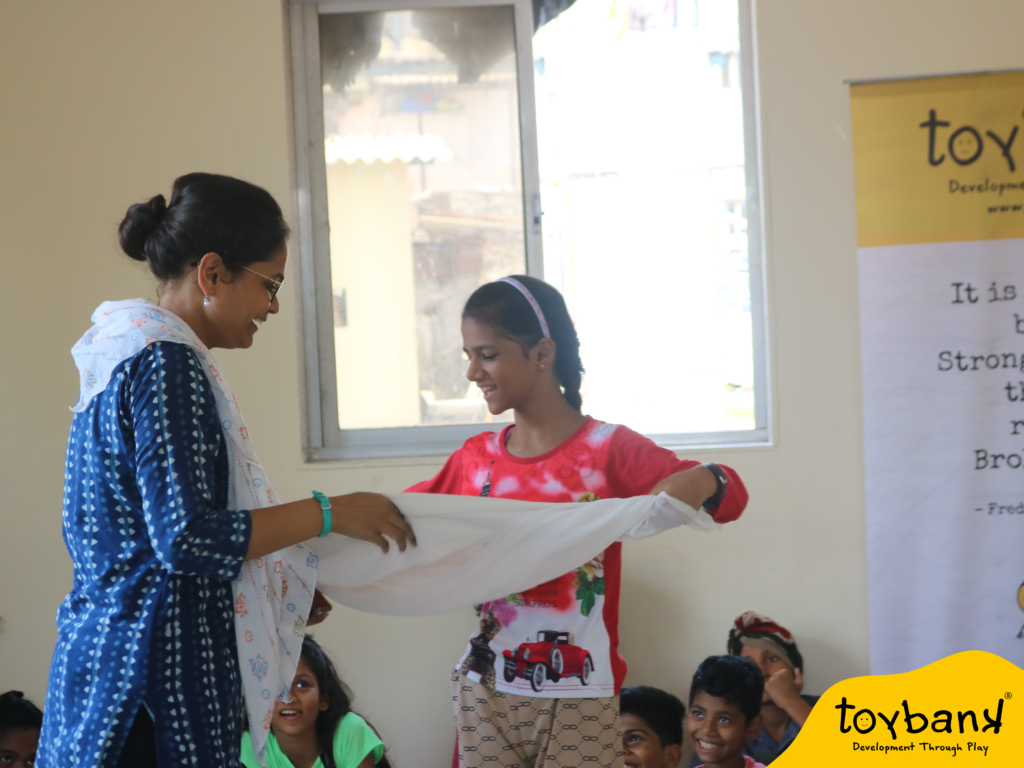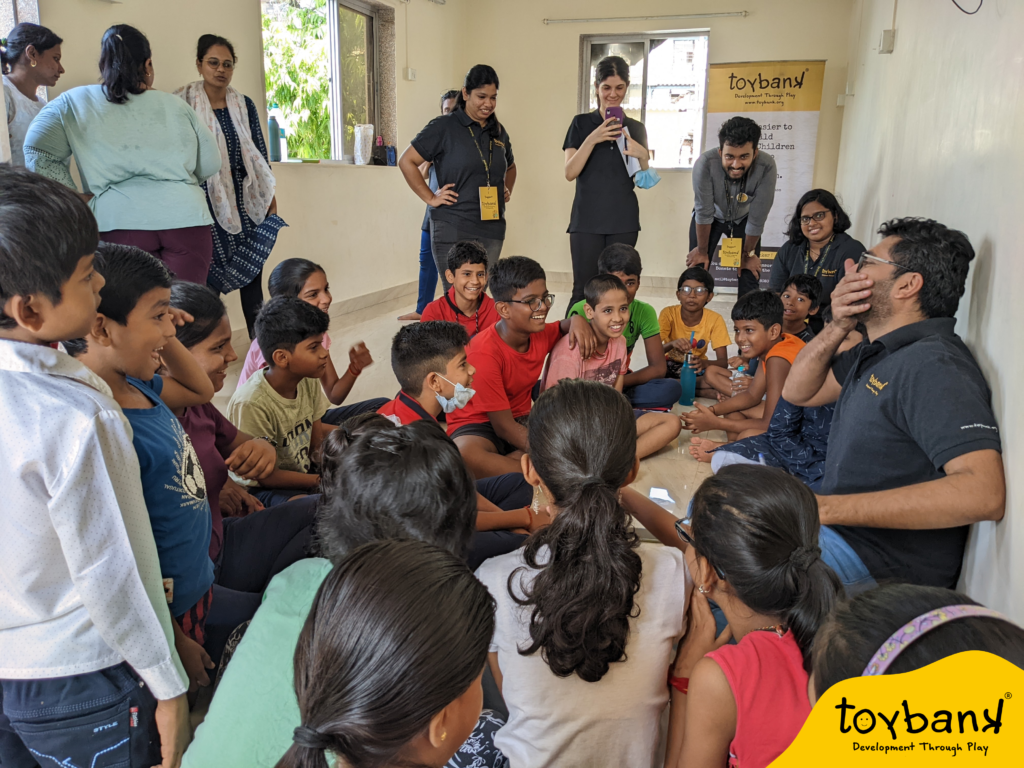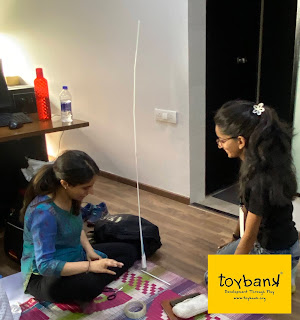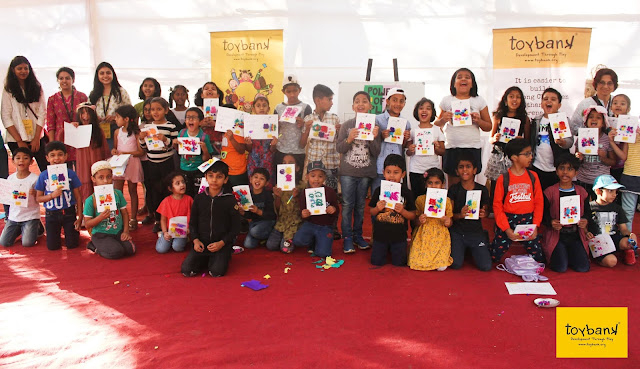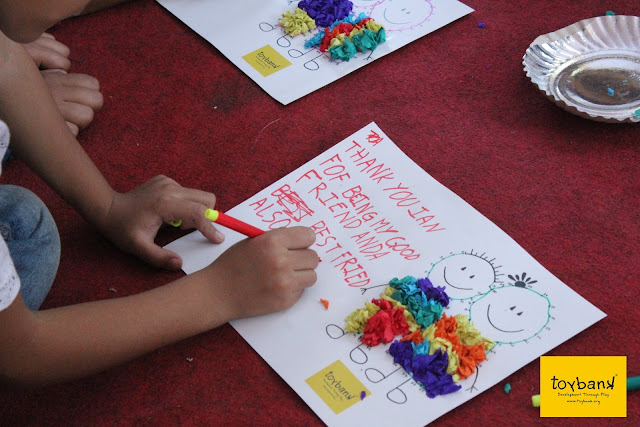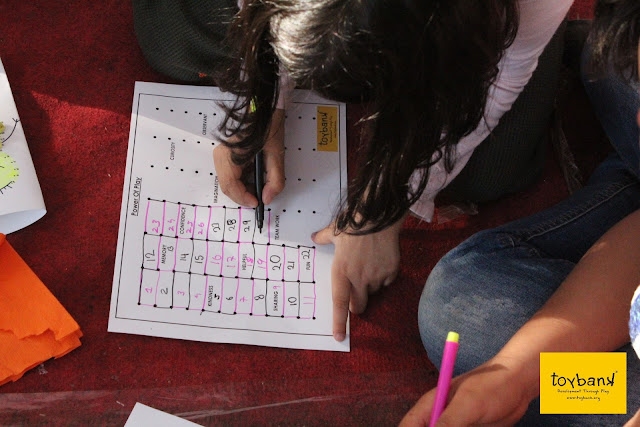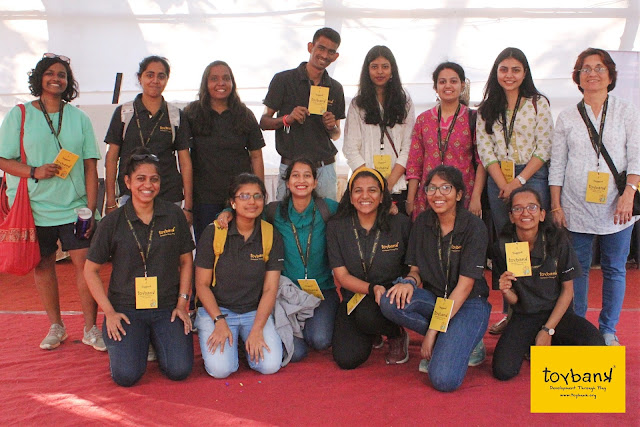7 people share their favourite Play Memories with us
Joyful moments of Play in early childhood are important for positive adulthood outcomes. Through its work, Toybank — Development through Play is asking for Play to be embedded into our culture and pushing the idea that Play can change society for the better, that joyfulness and playfulness can be a massive driving factor for building a world that is not just resilient but where play behaviour is deeply understood and encouraged for children and adults both.
Play is for everyone and so, we asked a few people across age groups, what their favourite play memories are:
“In the olden days, about 60 years ago, we did not have gadgets such as TV, mobile phones, play stations or even the computer. We made ‘Play’ ourselves. So, after school, we would play some gully (street) games such as lagori, spinning the top, gilli danda, marbles, pachuka, kodi (small shells) and more.”
Daksha Trivedi, 66; retired
“Cricket, now that’s a sport! Whether I am watching it or playing it, I love the thrill of hitting a ball out of the boundary, and shouting, “sixer!” However, it’s not just about hitting runs; it’s about strategy, teamwork, and sometimes a bit of sledging with your buddies. It is one of my fondest childhood memories for sure, and the fruit crates that we used as wickets and the occasional commentary done by one of my friends have been ingrained forever in my mind. It is an amazing game that I used as a stressbuster for some of my hectic school days, and even now, occasionally playing it brings me so much joy.
Prashant Jhaveri, 45; Professional at a healthcare company
“Tennis is an extremely fun, thrilling and exhilarating sport, which makes me very happy when I play it.”
Madhav Nair, a 14-year-old student
“We played badminton a lot. It’s like an old friend that’s never let me down. What really gets you is the feeling of freedom. You’re not just smashing a shuttlecock; you’re smashing stress and worries. It’s like a therapy session on that court.”
Jayata Shah, 43; Corporate Consulting
“Gilli Danda is a game that takes me back to my childhood like a time machine. It’s a classic Indian game, a bit like cricket. All you need is a ‘gilli‘ (a small wooden piece) and a ‘danda‘ (a stick). The thrill of hitting that gilli as far as you can with the danda, it’s like a burst of energy that makes you feel young again. The game involves skill, precision, and a little bit of luck, which keeps you on your toes.”
Mukul Shah, 73; retired professor
“Lagori is a real gem. Playing it can transport you back to the good old days, when smartphones and video games were not a thing. Holding that ball, ready to knock down those stones, it’s a rush of excitement. But what’s really neat is the teamwork it encourages. It’s not just about physical strength; it’s about working together, planning, and outsmarting the other team.”
Bhavna Jhaveri, 67; retired
“I was first introduced to football at a very young age by my father when he used to watch and support Diego Maradona and Argentina’s football team. Football has always been close to my heart from childhood days. I have many fond memories of playing football with my friends on the beach near our home. We used to have so much fun playing in the rain and remember all the crazy celebrations which we used to do after scoring a goal.”
Rahul Desai, 27, working professional

